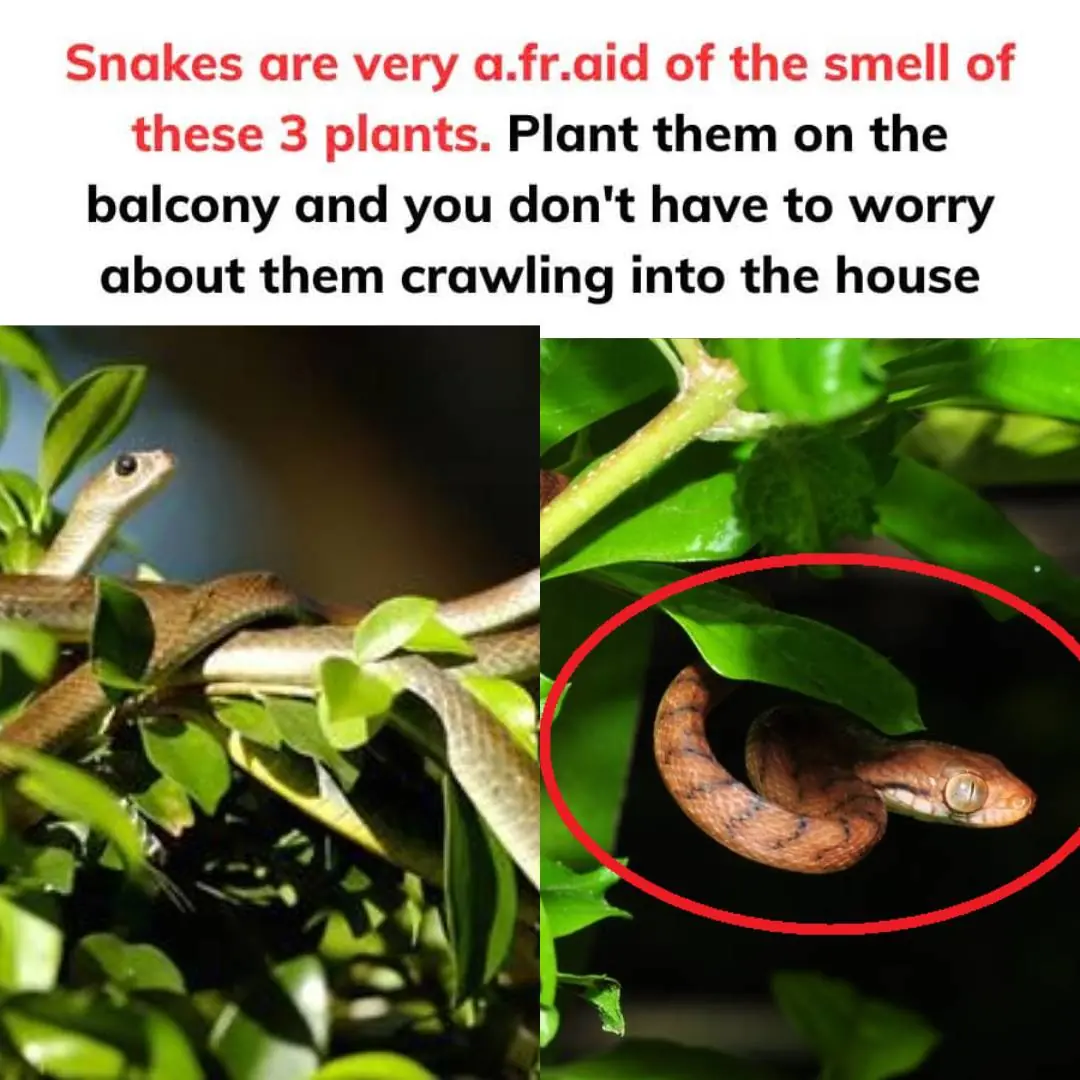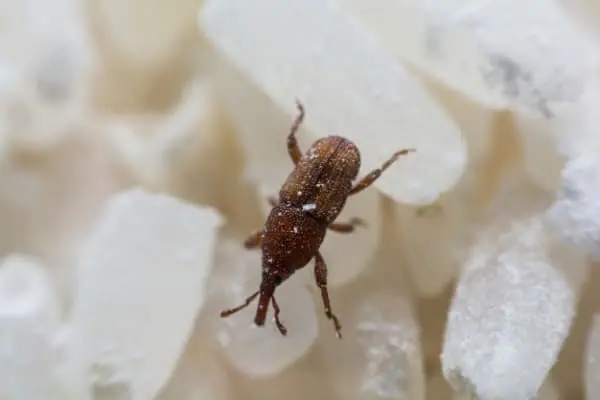
Plant them now, snake very afraid
Various plants have been traditionally claimed to repel snakes. Here are three popular examples:
-
Lemongrass (Cymbopogon citratus): Lemongrass is often cited as a snake-repelling plant due to its strong citrus aroma. The scent of lemongrass contains essential oils like citronella, which some believe are unpleasant to snakes. Additionally, lemongrass grows tall and dense, creating a natural barrier that snakes may avoid.
-
Marigold (Tagetes): Marigolds are known for their bright flowers and strong scent. Some people believe that their roots release a chemical that repels snakes and other pests. Marigolds also attract beneficial insects while deterring harmful ones, making them a popular choice in gardens.
-
Mother-in-Law's Tongue (Sansevieria trifasciata): Also known as snake plant, this species is named ironically considering its alleged ability to repel snakes. Its sharp, upright leaves and bitter smell are thought to discourage snakes from slithering near.
Scientific Evidence vs. Traditional Beliefs
While the belief in snake-repelling plants is widespread, scientific evidence supporting these claims is limited. Most snakes are unlikely to be deterred by plants alone unless the plants create physical barriers or disrupt the environment in other ways, such as reducing prey availability.
For instance:
- Physical barriers: Dense foliage like that of lemongrass might discourage snakes by making it harder for them to move through an area.
- Prey reduction: Certain plants may repel insects or rodents, indirectly making the area less attractive to snakes by eliminating their food sources.
However, the notion that the smell of plants directly repels snakes remains largely anecdotal. Snakes do not have a strong aversion to most natural scents, as their olfactory system is more attuned to detecting prey and environmental changes.
Practical Measures to Keep Snakes Away
While planting certain plants may contribute to an overall strategy for keeping snakes at bay, it is not a foolproof solution. Here are some additional measures that are scientifically backed:
-
Eliminate Food Sources: Snakes are attracted to areas with abundant food, such as rodents, frogs, or insects. Reducing these populations around your home can discourage snake activity.
-
Maintain Clean Surroundings: Snakes are less likely to inhabit well-maintained areas with minimal hiding spots. Keep your garden free of debris, tall grass, and woodpiles.
-
Seal Entry Points: Prevent snakes from entering your home by sealing cracks, gaps, and other potential entry points in walls and doors.
-
Use Snake Repellents: Some commercially available snake repellents are formulated with chemicals or natural compounds designed to deter snakes. Always use these products according to the manufacturer’s instructions.
-
Seek Professional Help: If you encounter frequent snake problems, consider consulting wildlife control experts who can assess your property and provide effective solutions.
Cultural and Psychological Perspectives
The belief in snake-repelling plants may also stem from cultural traditions and psychological comfort. For centuries, humans have sought natural remedies to coexist with wildlife, often turning to plants with strong scents or symbolic meanings. These practices provide a sense of control and reassurance, even if their efficacy is not scientifically proven.
For example, in some cultures, marigolds are associated with protection and warding off evil, which might extend to their use as snake deterrents. Similarly, the sharp, upright leaves of mother-in-law’s tongue might be seen as a symbolic “barrier” against intruders.
Ethical Considerations
While keeping snakes away from human habitats is a reasonable goal, it is essential to approach the issue ethically. Snakes are an integral part of ecosystems, controlling populations of pests like rodents and insects. Unnecessary harm to snakes can disrupt ecological balance and lead to unintended consequences.
If you encounter a snake, avoid killing it unless it poses an immediate threat. Instead, contact local wildlife authorities or experts who can safely relocate the animal.
Conclusion
The idea of using plants to repel snakes is an intriguing blend of science, tradition, and psychology. While certain plants may contribute to creating an environment less appealing to snakes, there is little concrete evidence to suggest that their smell alone is enough to deter these reptiles. For effective snake management, it is best to combine multiple strategies, including habitat modification, cleanliness, and professional advice.
Ultimately, the key is to strike a balance between ensuring safety and respecting the ecological role of snakes. By understanding their behavior and adopting humane practices, we can coexist peacefully with these misunderstood creatures.
News in the same category

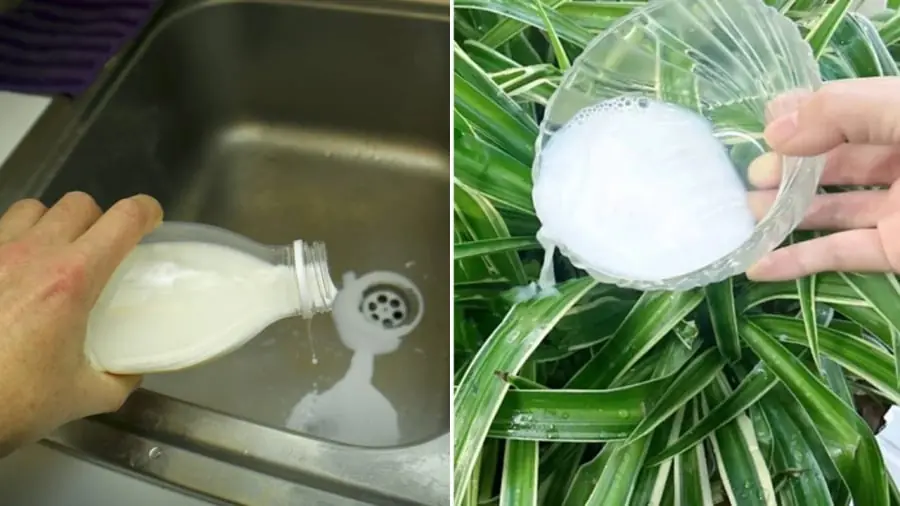
Don’t Throw Away Expired Fresh Milk — Keep It for These 4 Amazing Uses
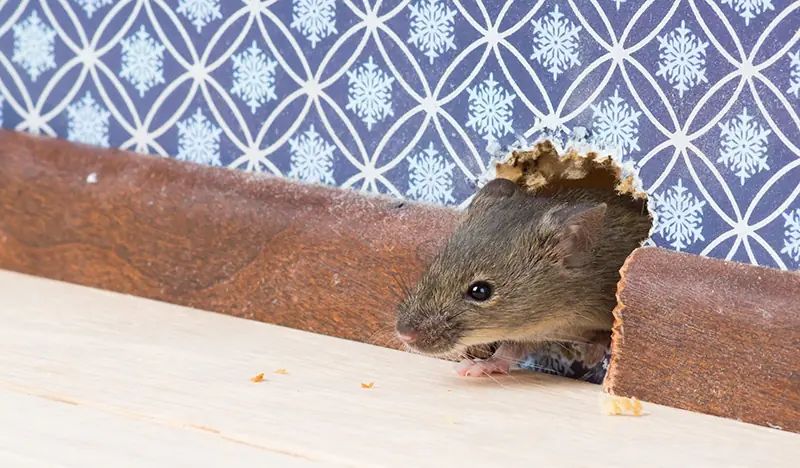
How to drive away an entire rat colony using simple household ingredient
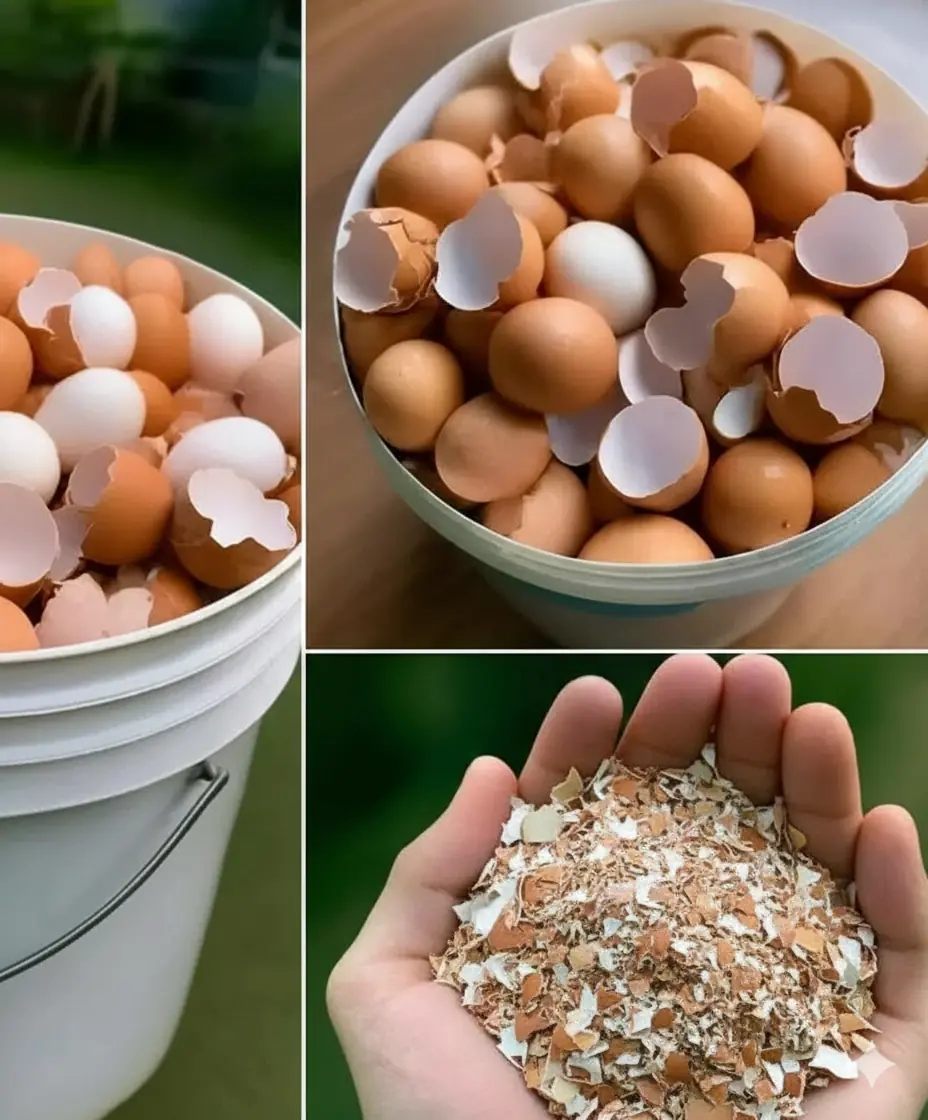
Boil eggshells and say goodbye to waste: The surprising uses you need to know
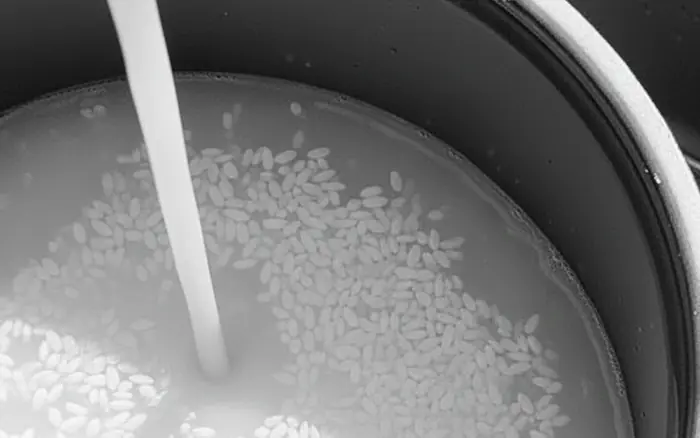
Cooking Rice with This Milky-White Liquid Is Far Better Than Using Plain Water: Tastier Rice, Better Skin, and Protection Against Many Diseases
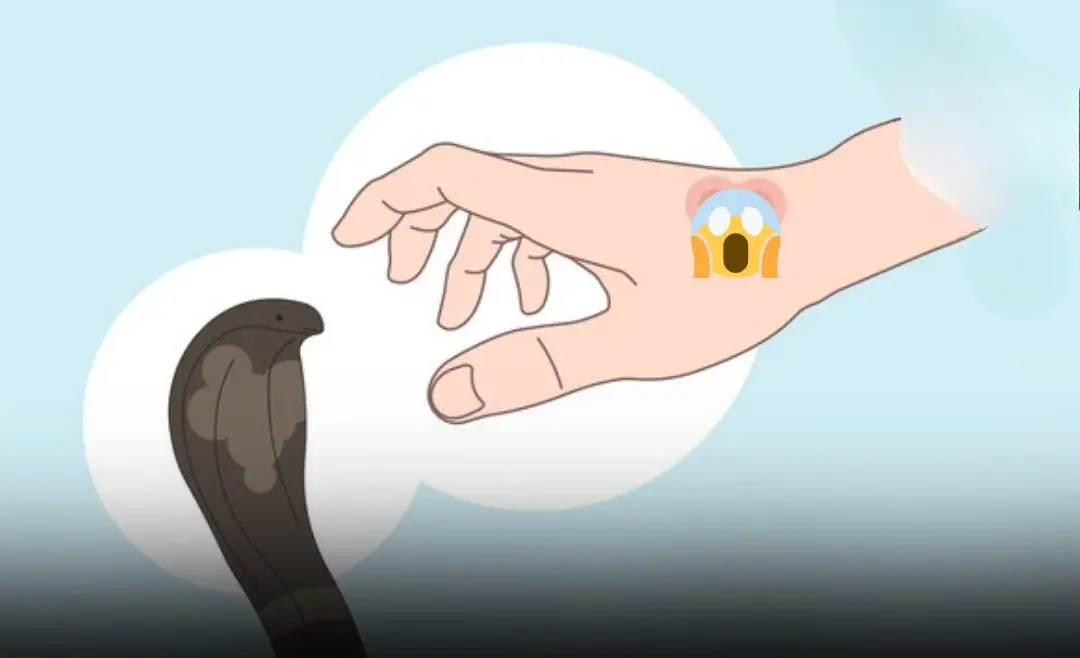
The First Steps to Take After a Snake Bi:te
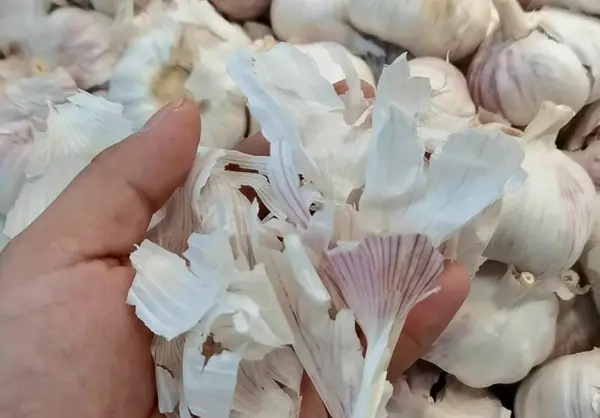
Garlic skins may seem useless, but they can be surprisingly helpful in daily life

Mixing Toothpaste with Salt: Surprising Uses and Benefits You Can Try at Home

The ring you pick will reveal your truest trait

The right way to clean your refrigerator’s rubber door seal
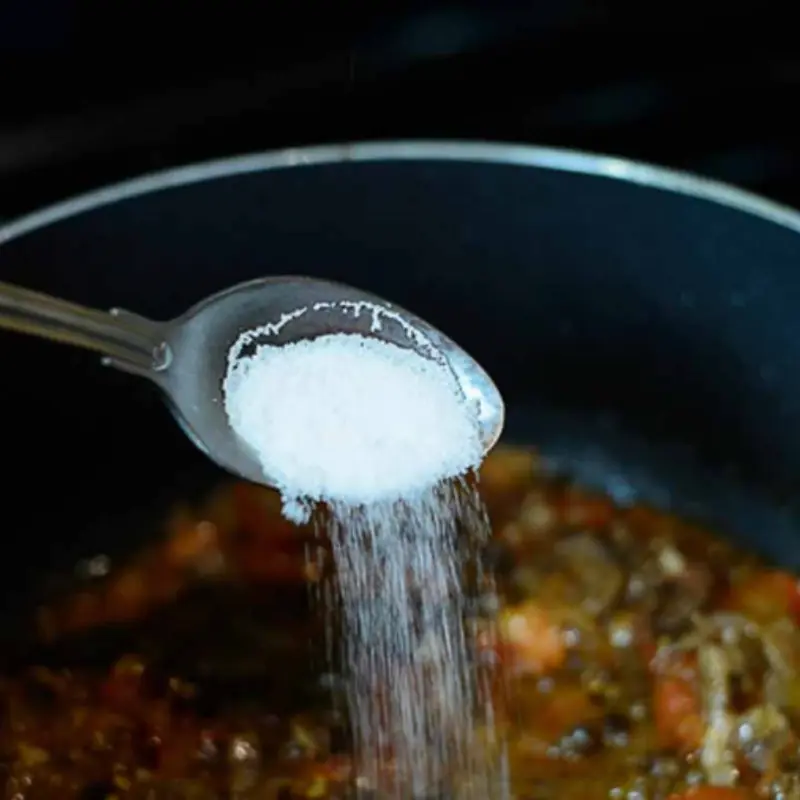
Oversalted your dish? Don’t dilute it with water—add this one ingredient to balance the flavor fast.
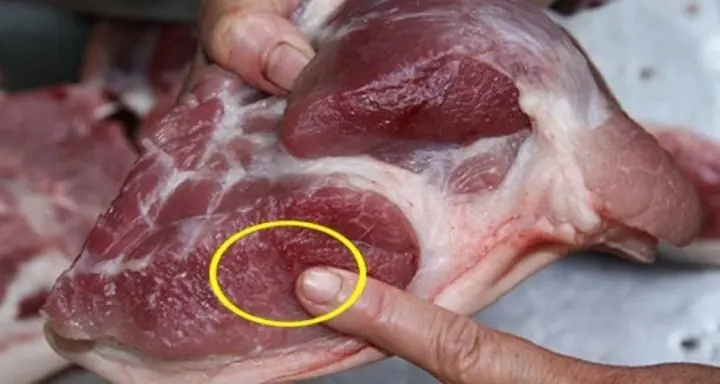
Butcher’s Honest Advice: When Buying Pork, It’s Best to Avoid These Three Types — Only the Uninformed Like Them
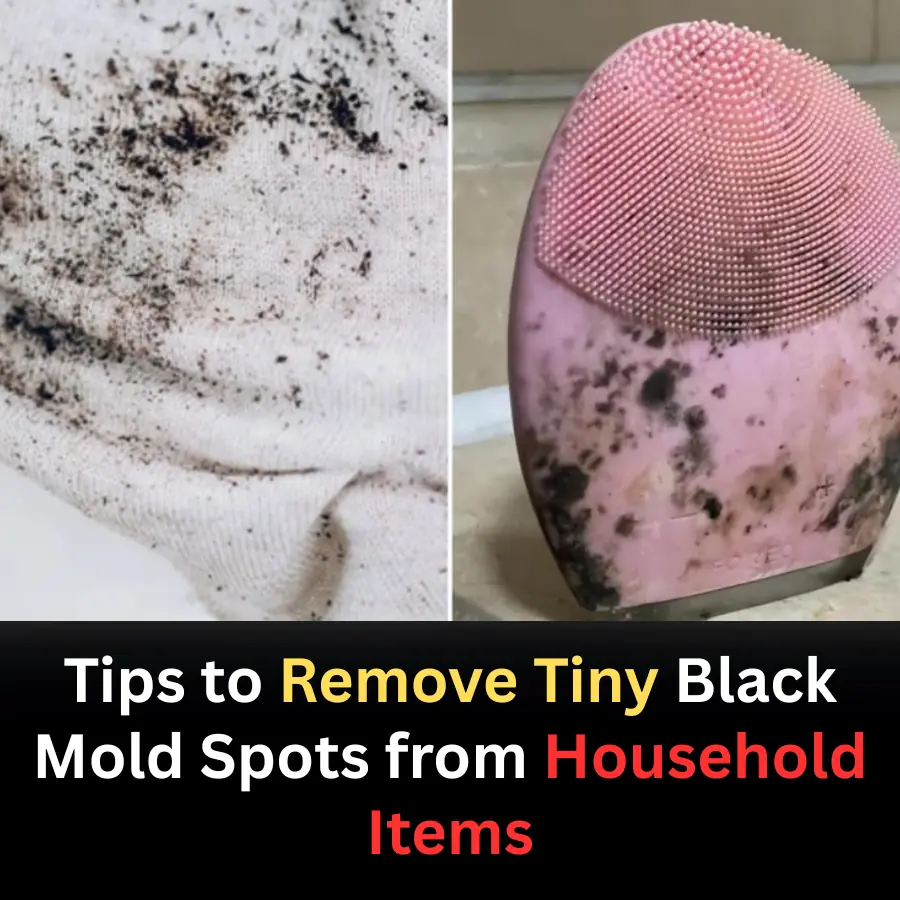
How to Effectively Remove Black Mold Spots from Household Items
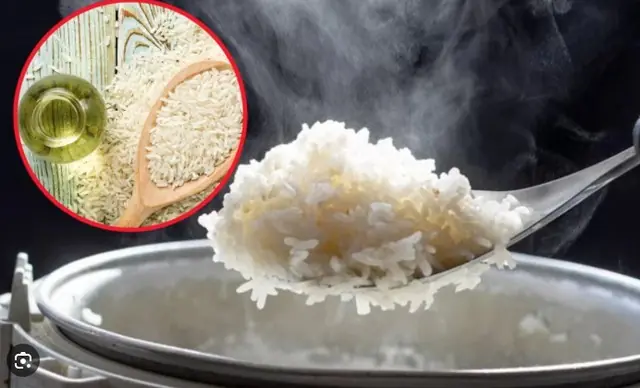
Many people cook rice every day—but still get it wrong: 4 simple tips for tastier rice and better digestion
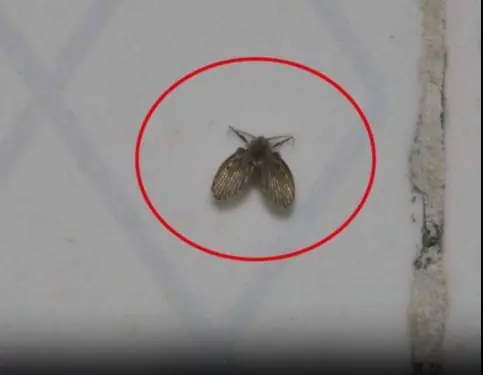
Little Black Bugs in the Bathroom? Here’s What They Are & How to Get Rid of Them for Good
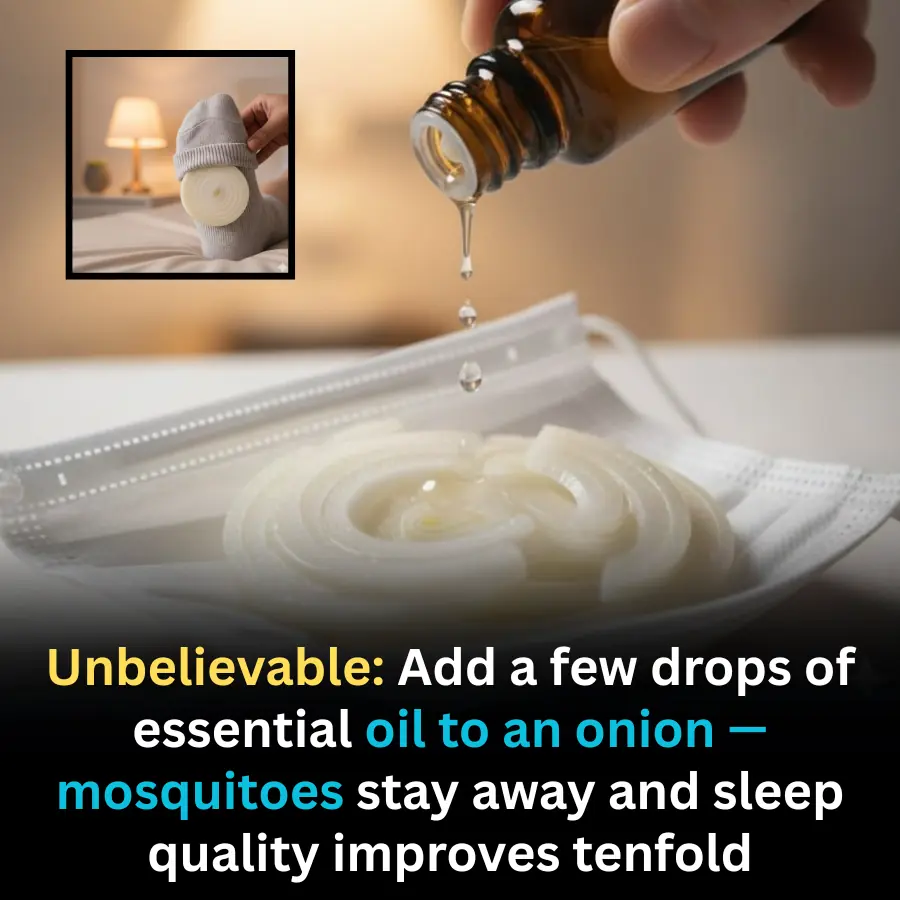
Add a Few Drops of Oil to an Onion: A Simple Home Trick That Repels Mosquitoes and Improves Sleep
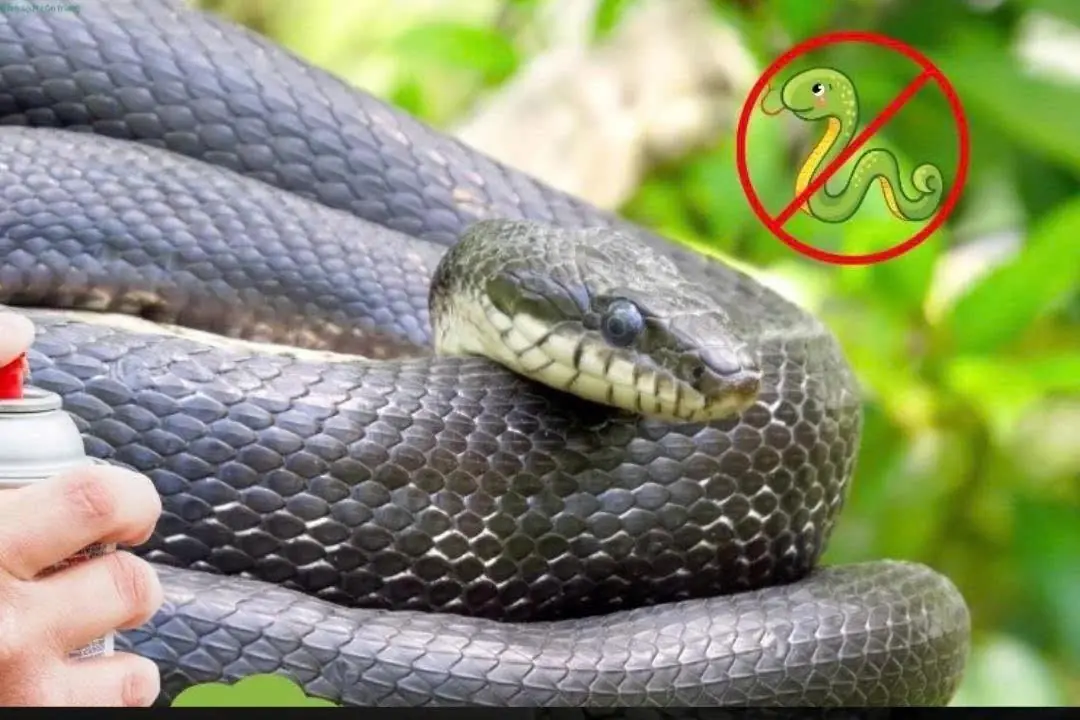
To prevent snakes from entering your house, you can apply the following methods.
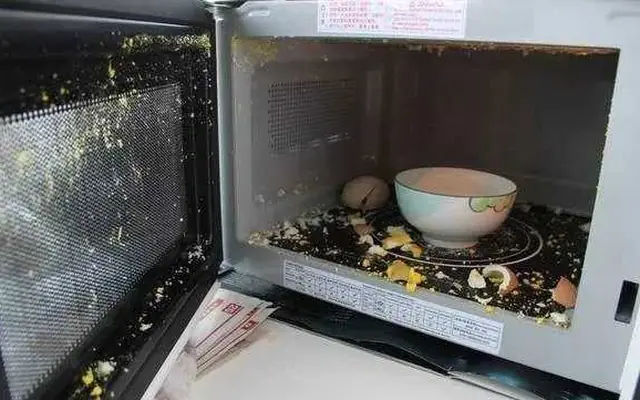
Never reheat these 5 items in the microwave!

How to Fix a Weak Toilet Flush at Home - No Technician Needed

This small fridge button can significantly cut your electricity bill
News Post

Early Warning Signs That C.a.ncer Is Growing In Your Body
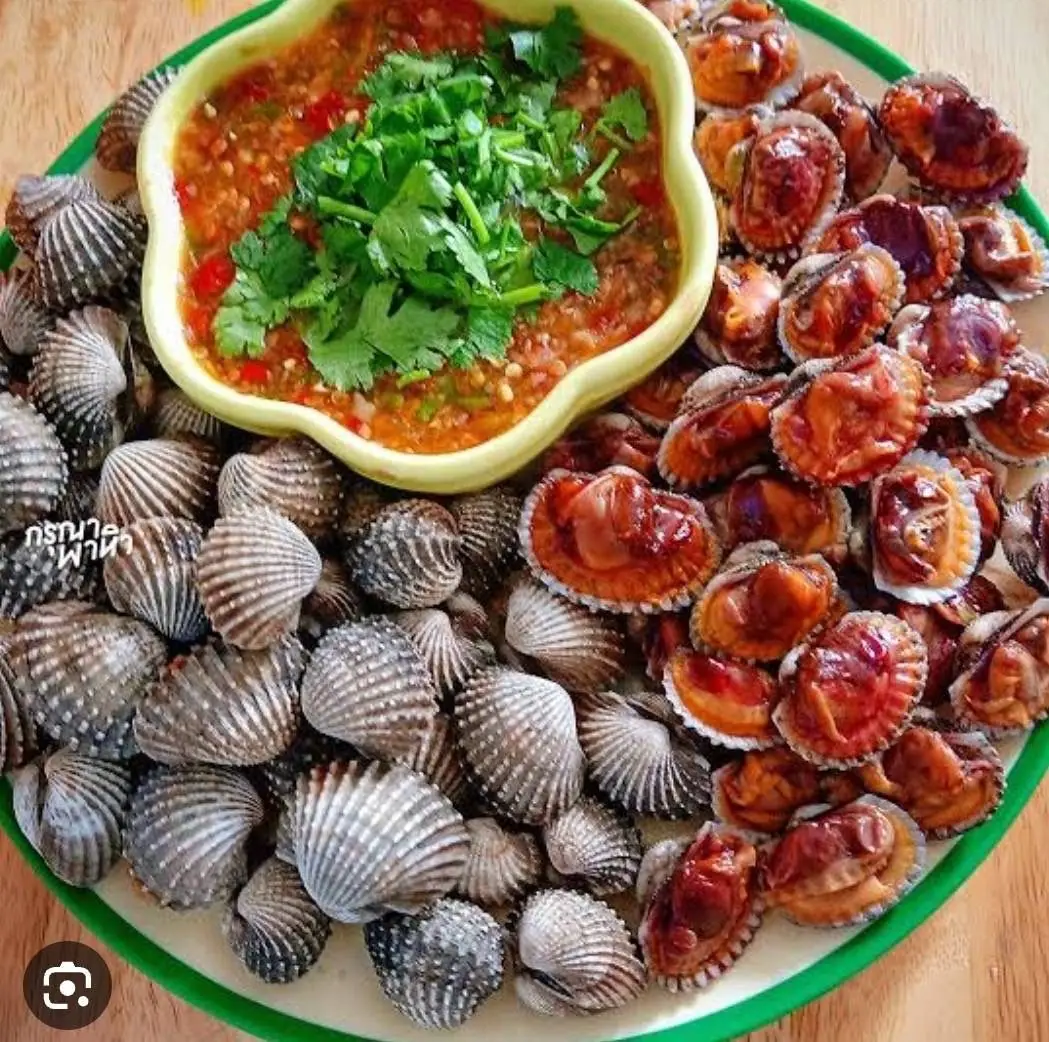
Steamed Cockles with Spicy Lime Chili Dipping Sauce
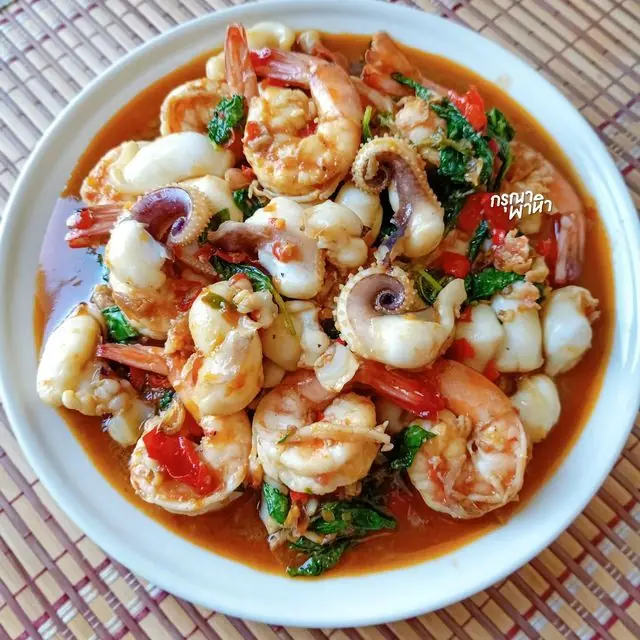
Spicy Stir-Fried Squid with Basil
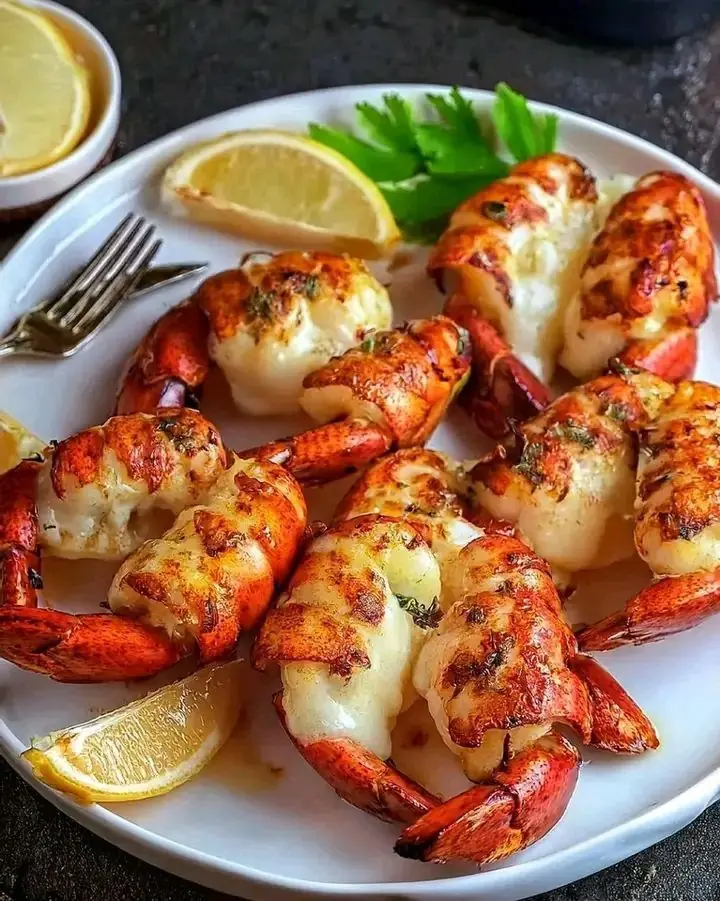
Baked Stuffed Lobster Tails with Garlic Butter
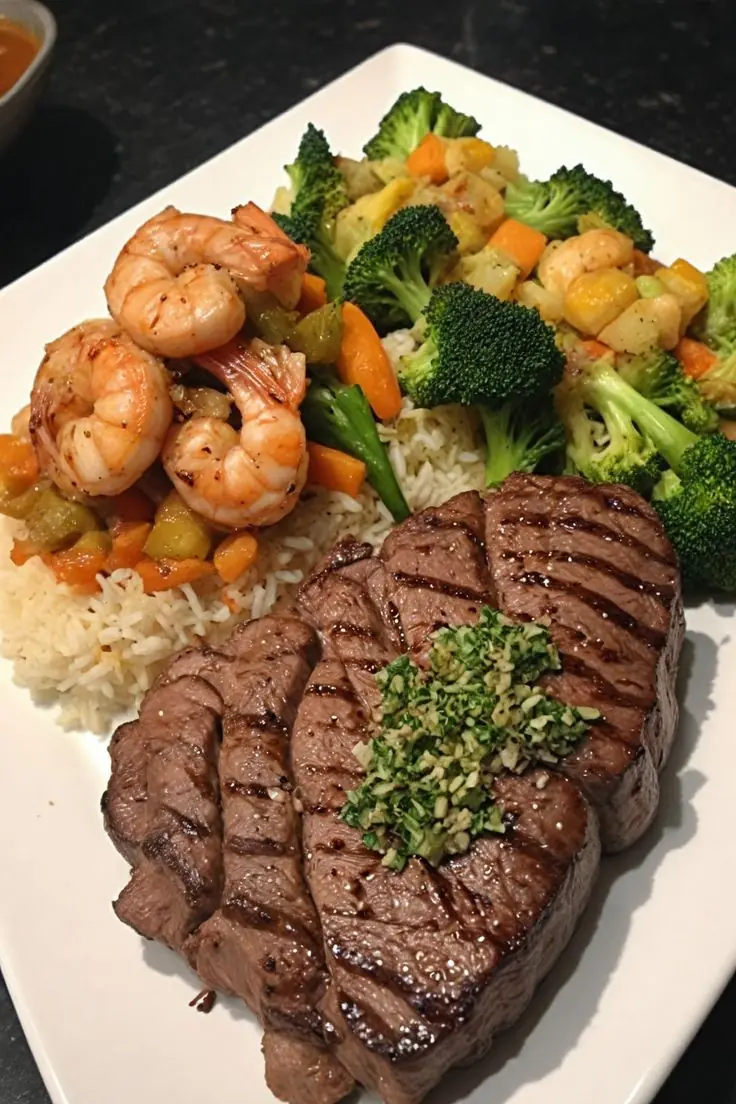
Grilled Steak & Shrimp with Rice and Mixed Vegetables

Classic Banana Pudding (No-Bake Layered Dessert)

Italian Deli Sandwich with Melted Cheese & Herb Butter

Orange-Glazed Roasted Duck Leg with Mashed Potatoes

The liver is an important detoxification and metabolic organ of the body.

People Sho:cked to Learn Reason Public Toilet Doors Don’t Touch The Floor

You shouldn't ignore these signs
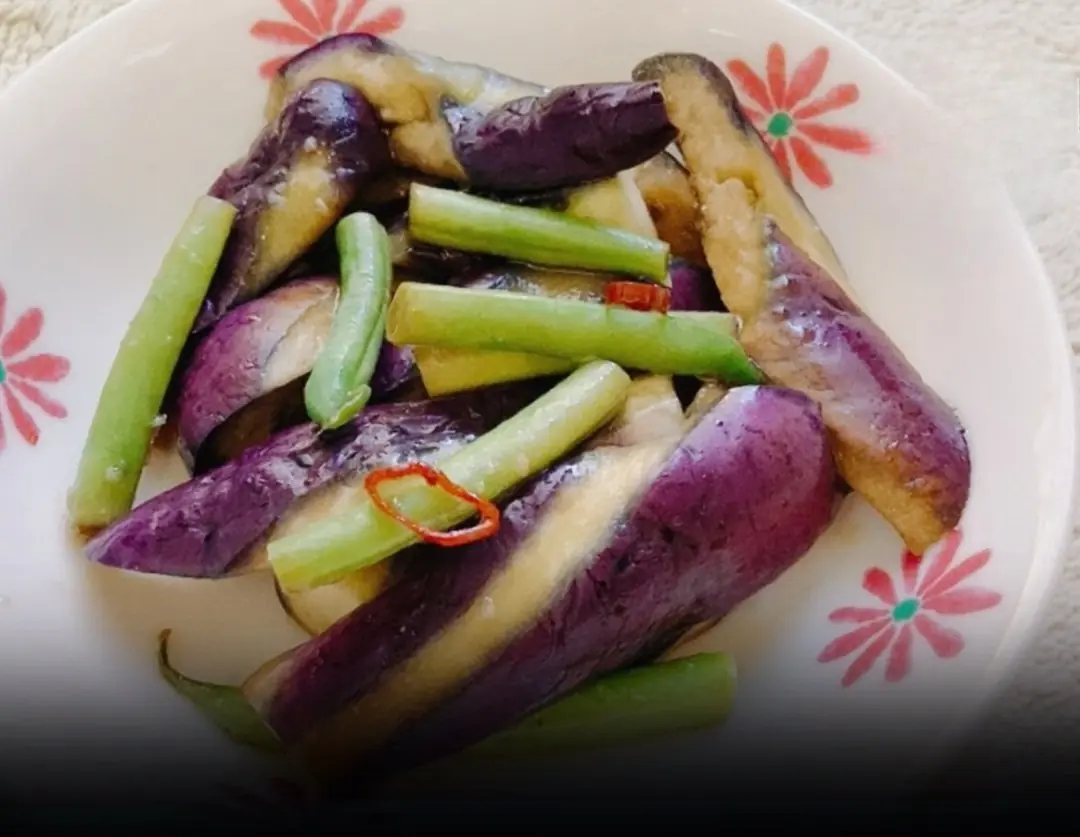
Eggplant holds the crown among vegetables — but if you fall into one of these 4 groups, stay away from it

If You Keep Noticing These 5 Strange Symptoms, Diabetes Might Be the Reason

5 unusual bowel-related symptoms you should never ignore

Doctors Reveal What These Bruises on Your Body Could Indicate

Two Early Warning Signs of Kidney Damage: Morning Urine Color That Should Never Be Ignored

Just 30 Seconds at Home: A Simple Test That May Help You Notice Early Warning Signs of Can,cer

Checking the “Clubbing Finger” Sign: A Simple Way to Identify Early Warning Signs of Lung and Heart Disease

Your Air Conditioner Has a Built-In Way to Indicate Low Refrigerant — Many People Never Notice It

